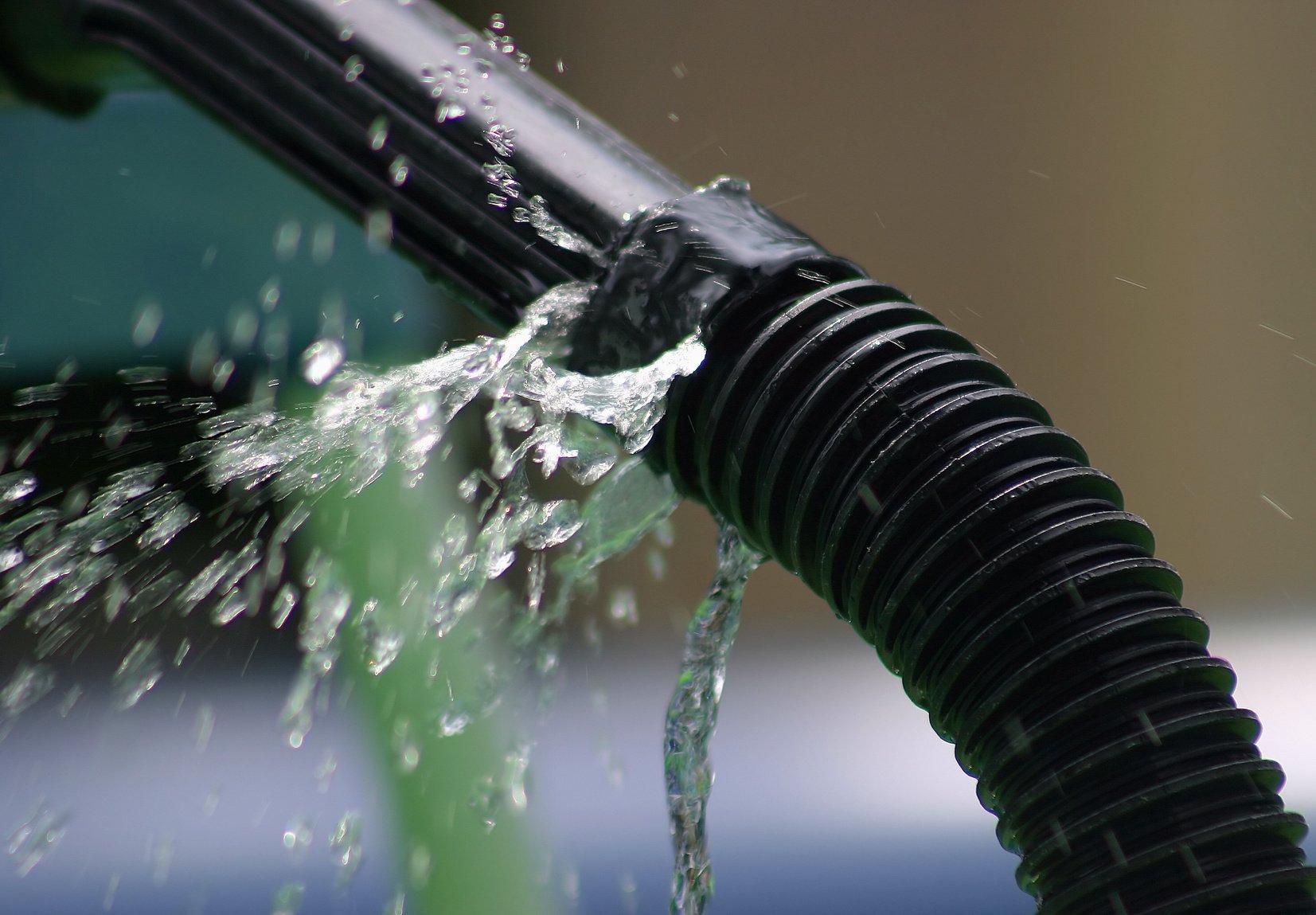Tips for the Six Most Common Causes of Water Leaks in Residential Spaces
Tips for the Six Most Common Causes of Water Leaks in Residential Spaces
Blog Article
Are you on the lookout for ideas about How to Find Water Leaks?

Leaks not just trigger waste of water but can additionally create unnecessary damage to your house as well as promote undesirable organic development. By understanding and also looking for daily situations that create leaks, you can safeguard your residence from future leaks and also unnecessary damages.
Trespassing origins
Many water leakages start outside the house instead than inside it. You may discover damp spots or sinkholes in your yard, and also that could imply that tree roots are invading water lines triggering water to permeate out.
Rusty water systems
As time goes by, your plumbing system ages and also corrosion such as rust may start eating away the pipelines. This could be the reason for staining or warping on your water pipes. This calls for an assessment with your plumber right away. If our plumbing system is old, take into consideration changing the pipes considering that they are at a higher risk of rust than the more recent versions.
Faulty Pipe Joints
The point at which your pipes link is often the weakest link in the waterline. Pipe joints can degrade with time, resulting in water leaks. Sadly, the majority of pipe joints are not conveniently visible. If you have noisy pipes that make ticking or banging noises, especially when the warm water is turned on, your pipe joints are probably under a lot of pressure. It is advisable to have your plumber inspect your system annually.
Instant temperature level adjustments.
Severe temperature adjustments in our pipelines can cause them to increase and also contract unexpectedly. This growth and tightening may cause fractures in the pipes, specifically if the temperature are below cold.
Poor Water Connectors
At times, a leakage can be triggered by loosened pipes and pipelines that supply your devices. Usually, moving is what creates the loose water Links. You might find when it comes to a cleaning maker, a hose may spring a leakage because of drinking during the spin cycle. In case of a water links leak, you might notice water running directly from the supply line or puddles around your devices.
Obstructed Drains
Clogged drains pipes could be bothersome and also inconveniencing, but they can often wind up triggering an overflow leading to burst pipelines. Keep eliminating any kind of products that may decrease your drains that might obstruct them to stay clear of such inconveniences.
All the above are root causes of leaks yet not all water leakages arise from plumbing leakages; some leakages could come from roofing system leakages. All leakages should be repaired right away to stay clear of water damages.
Leakages not just cause waste of water but can additionally create unneeded damages to your home and promote unwanted natural development. By recognizing and also looking for everyday situations that cause leaks, you can shield your home from future leaks and also unnecessary damages. Today, we will look at six leak creates that might be creating your pipelines to trickle.
At times, a leak can be triggered by loose hose pipes as well as pipes that supply your appliances. In case of a water links leakage, you may discover water running directly from the supply line or puddles around your appliances.
How To Check For Water Leak In Your Home
How To Check for Leaks
The average household's leaks can account for nearly 10,000 gallons of water wasted every year and ten percent of homes have leaks that waste 90 gallons or more per day. Common types of leaks found in the home are worn toilet flappers, dripping faucets, and other leaking valves. These types of leaks are often easy to fix, requiring only a few tools and hardware that can pay for themselves in water savings. Fixing easily corrected household water leaks can save homeowners about 10 percent on their water bills.
To check for leaks in your home, you first need to determine whether you're wasting water and then identify the source of the leak. Here are some tips for finding leaks:
Take a look at your water usage during a colder month, such as January or February. If a family of four exceeds 12,000 gallons per month, there are serious leaks.
Check your water meter before and after a two-hour period when no water is being used. If the meter changes at all, you probably have a leak.
Identify toilet leaks by placing a drop of food coloring in the toilet tank. If any color shows up in the bowl after 10 minutes, you have a leak. (Be sure to flush immediately after the experiment to avoid staining the tank.)
Examine faucet gaskets and pipe fittings for any water on the outside of the pipe to check for surface leaks.
Undetected water leaks can happen without the home or business owner even realizing. If you suspect a water leak, but not able to find the source. It is time to contact a professional water leak detection service, The Leak Doctor.
How To Find a Water Leak In Your Home
https://www.leakdoctor.com/blog/How-To-Check-For-Water-Leak-In-Your-Home_AE197.html

I came across that piece of writing on How to detect water leaks in your home while surfing the internet. Sharing is nice. You never know, you may very well be helping someone out. I value reading our article about How to Find Water Leaks.
Contact Report this page